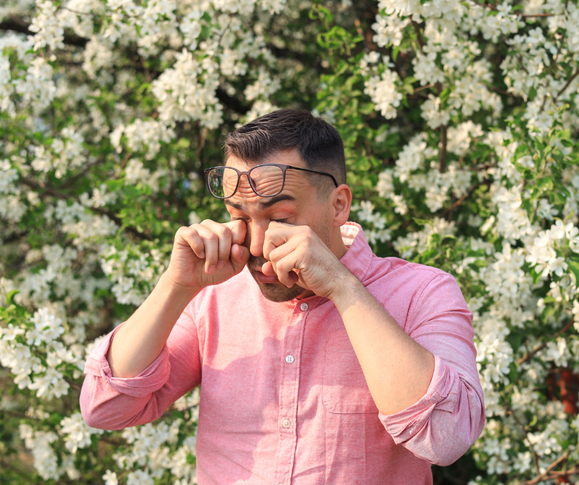|
As the seasons change, many individuals find themselves grappling with seasonal allergies triggered by tree pollen. However, the good news is that by carefully selecting trees for your landscape, you can minimize the impact of these allergens. Our guide, with insights from tree service experts, will help you make informed choices to create an allergy-friendly outdoor environment. When it comes to selecting trees that are less likely to trigger seasonal allergies, consider opting for female trees over their male counterparts. Female trees produce little to no pollen, making them a more allergy-friendly choice. Additionally, some tree species are dioecious, meaning they have separate male and female trees. By choosing a female tree, you can significantly reduce the pollen load in your surroundings. Certain tree species are known for producing low-allergenic pollen, making them suitable for allergy sufferers. Some examples include fruit trees like cherry, apple, and pear trees. These trees have heavier, sticky pollen that is less prone to trigger allergies when inhaled. Incorporating such species into your landscape can contribute to a more allergy-friendly outdoor space.
It's essential to consider the bloom times of trees when planning your landscape. Typically, late fall and early spring are times of lower pollen counts. Selecting trees that bloom during these seasons can help minimize exposure to allergens. Tree service experts recommend species like dogwood and magnolia, which often bloom in late spring, as they are less likely to contribute to seasonal allergies. In addition to tree species, proper maintenance practices can further mitigate the impact of pollen on your environment. Regular pruning of trees can help control pollen production and prevent the accumulation of allergens. Tree service professionals can provide valuable guidance on appropriate pruning techniques to minimize the risk of pollen-related allergies. In conclusion, creating an allergy-friendly landscape involves thoughtful tree selection and maintenance practices. By choosing female trees, selecting low-allergenic species, and considering bloom times, you can significantly reduce the risk of seasonal allergies triggered by tree pollen. Consulting with tree service experts for guidance on proper maintenance ensures that your outdoor environment remains a source of enjoyment rather than an allergen-triggering concern.
0 Comments
Leave a Reply. |
AuthorWrite something about yourself. No need to be fancy, just an overview. Archives
July 2024
Categories |

 RSS Feed
RSS Feed